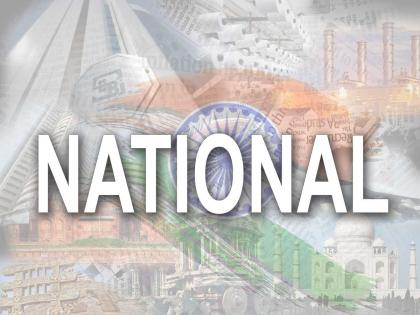House takes up CAB amid BJP-Cong clash over its competence
By IANS | Published: December 9, 2019 09:34 PM2019-12-09T21:34:04+5:302019-12-09T21:45:04+5:30
Taking on the Bharatiya Janata Party (BJP) in the Lok Sabha here on Monday, the Congress said the two-nation theory was first mooted by Hindutva ideologue and Sangh leader V.D. Savarkar in 1935.

House takes up CAB amid BJP-Cong clash over its competence
Slamming the Congress while introducing the Citizenship (Amendment) Bill (CAB) in the Lok Sabha, Union Home Minister Amit Shah said, "It would not have been needed had the Congress not allowed partition on the basis of religion".
The Bill seeks to amend the Citizenship Act, 1955, enacted to provide for acquisition and determination of Indian citizenship, and create a legal pathway to grant Indian nationality on the basis of religion.
Speaking on the CAB, senior Congress leader Manish Tewari said, during the debate some ruling party members were saying the Congress was responsible for the partition of the country on the basis of religion.
"I want to remind them that the idea of partition on the religious basis was first floated in 1935 in Ahmedabad by Savarkar at a Hindu Mahasabha session, and not (by the) Congress," he said.
Tewari said the Bill was against Articles 14, 15, 21, 25 and 26 of the Constitution, "unconstitutional" and against the basic right of equality. The Bill was also against the principles of B.R. Amedkar, he added.
Rejecting opposition allegations, Shah said, "I assure that the Bill doesn't violate any article of the Constitution and that no citizen will be deprived of one's rights. Every citizen has been given a place in the Bill on the basis of reasonable classification."
The Home Minister said the Bill sought to provide Indian nationality to Hindus, Christ, Sikhs, Parsis, Jains and Buddhists fleeing persecution in Pakistan, Afghanistan and Bangladesh.
He said the Bill had been introduced after analysing the Constitution of Pakistan, Afghanistan and Bangladesh.
After over an hour debate on the Bill's legislative competence if it can be taken up or not the Lower House agreed to its introduction after division of votes with 293 in favour and 82 against it.
( With inputs from IANS )
Open in app